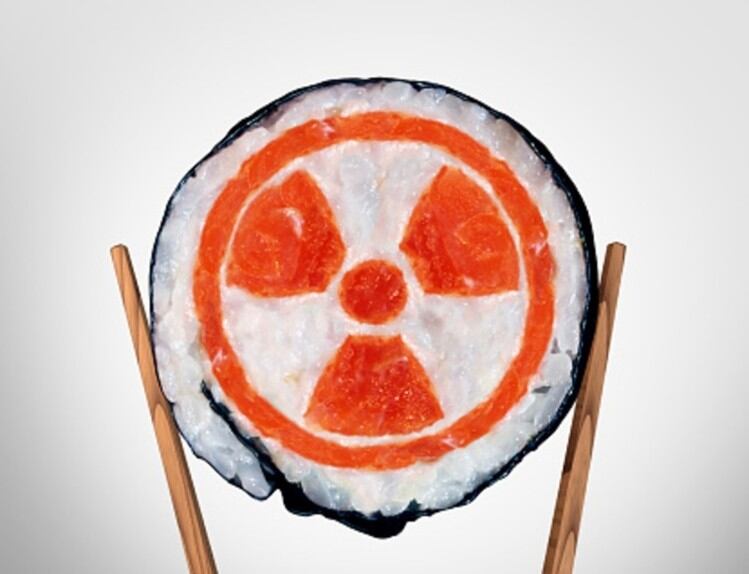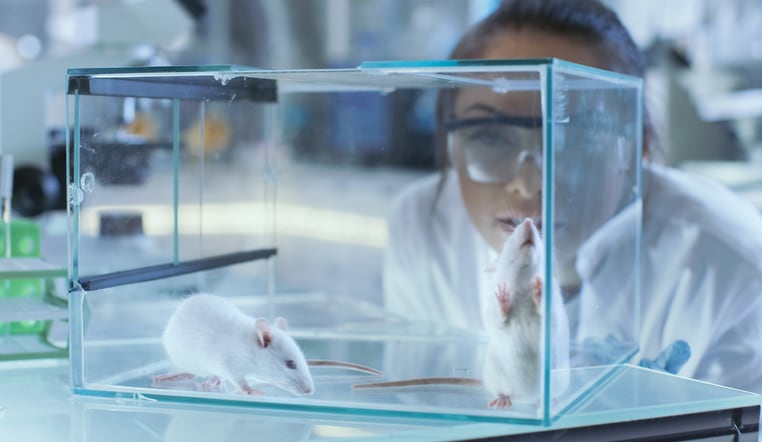The draft states that additional information on city or province or prefecture of raw materials need to be indicated, in addition to the country of origin which is already mandatory.
Japan’s decision has been criticised by countries including South Korea, China, Taiwan and New Zealand.
Dr Frank Kim, founder and CEO of SEAH Bio, a South Korean-based regulatory consultancy specialising in nutraceutical, pharmaceutical and processed foods regulations told FoodNavigator-Asia: “They (democratic party) are proposing a regulation to give consumers the right to know where their food products come from and give them peace of mind if they know it is not coming from a dangerous region.”
Japan is one of the key exporters of agriculture and aqua products to South Korea.
The regulation would require manufacturers to state the specific city, province or prefecture where the food was obtained. This is on top of the country of origin which is already displayed on food labels.
It will apply to agriculture produce like vegetable, fruits, aqua products such as fish and seafood, as well as processed foods containing these raw ingredients.
The additional labelling of origin will be listed on the packaging of the final product. For products without packaging, or sold in places like fresh markets, the information will be displayed on the basket, box or shelf where consumers can find.
The draft is currently under review.
According to Kim, proposals tend to take two or three months for enforcement. This proposal comes at a crucial time, accelerated by Japan’s radioactive wastewater dump. “This topic is critical and sensitive with political issues involved, so a lot of factors will have to be considered.”
Moreover, this would also mean manufacturers need to rehaul the packaging of all their exported foods.
If this regulation is enforced, it will apply to all imported foods into South Korea, and not just Japan. The Ministry of Agriculture, Food and Rural Affairs will oversee this regulation.
Japan’s plans
Japan revealed its plans in April to gradually release the wastewater over two to three years. It claimed that the water had been treated and was safe to drink, although South Korea and China have expressed concerns and objected the plan.
The contaminated water is actually seawater pumped into the nuclear plant to cool the power station which saw its cooling systems fail following the earthquake and tsunami in 2011. The water has since been treated to remove radioactive material (mostly radionuclides like caesium and strontium) and stored in more than 1,000 steel tanks on the site.
Scientists are remaining neutral, saying that the risks are likely to be minimal, and the treated water were unlikely to contain levels of radiation higher than the present environment.
In an article published in Nature, Jordi Vives I Batlle, scientist at the Belgian Nuclear Research Centre who has been conducting research in Fukushima since the tsunami said: “As a scientist I have to keep a cool view on all this, and look at the facts, and the facts are not telling me that this is something that we should be very worried about.”


